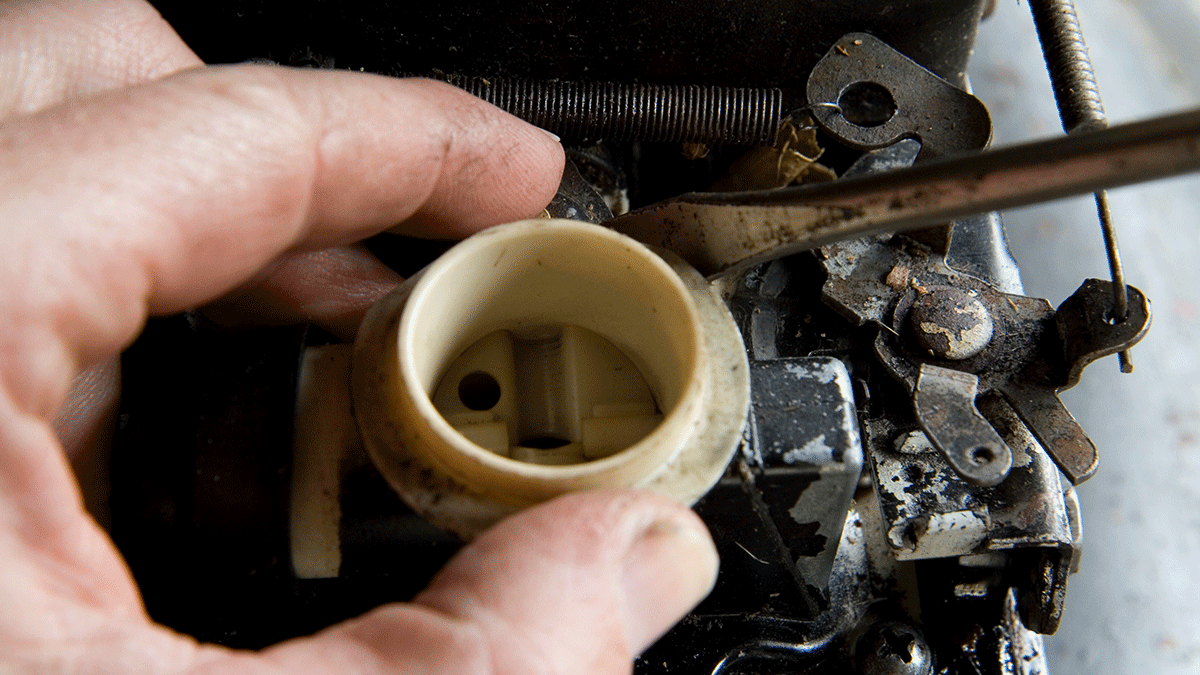Hey Everyone!
I'm looking at saving up for a new PC that kills in editing video in Vegas Pro as well as does perfect in games.
I would like to stick with Intel as I think that they have better thermal safety and slightly more recommended for tougher jobs like editing and rendering.
I was looking at wither the i7-8700K or the i7-9700K. I am a little conflicted because the 8700K is only a 6 physical core CPU but it features Simultaneous Multithreading. Where as the 9700K has 8 physical cores but does not come with SMT.
I don't quite have the budget for an i9 of any sorts, I've also heard that i9's are difficult to cool and I don't live in a very cool environment.
Anyways I guess my main question is, is it more worth getting a CPU with SMT for better performance with editing? OR opt out for the 8-Core without SMT and call it a day??
Ultimately, I am still going to have better then what I have now but I would just like to know as I edit 60Fps 1080p video and still get performance drops with what I have. I also want to play modern AAA games at at least 60fps obviously. Occasionally I do gaming videos and edit them too.
Cheers!
I'm looking at saving up for a new PC that kills in editing video in Vegas Pro as well as does perfect in games.
I would like to stick with Intel as I think that they have better thermal safety and slightly more recommended for tougher jobs like editing and rendering.
I was looking at wither the i7-8700K or the i7-9700K. I am a little conflicted because the 8700K is only a 6 physical core CPU but it features Simultaneous Multithreading. Where as the 9700K has 8 physical cores but does not come with SMT.
I don't quite have the budget for an i9 of any sorts, I've also heard that i9's are difficult to cool and I don't live in a very cool environment.
Anyways I guess my main question is, is it more worth getting a CPU with SMT for better performance with editing? OR opt out for the 8-Core without SMT and call it a day??
Ultimately, I am still going to have better then what I have now but I would just like to know as I edit 60Fps 1080p video and still get performance drops with what I have. I also want to play modern AAA games at at least 60fps obviously. Occasionally I do gaming videos and edit them too.
Cheers!




